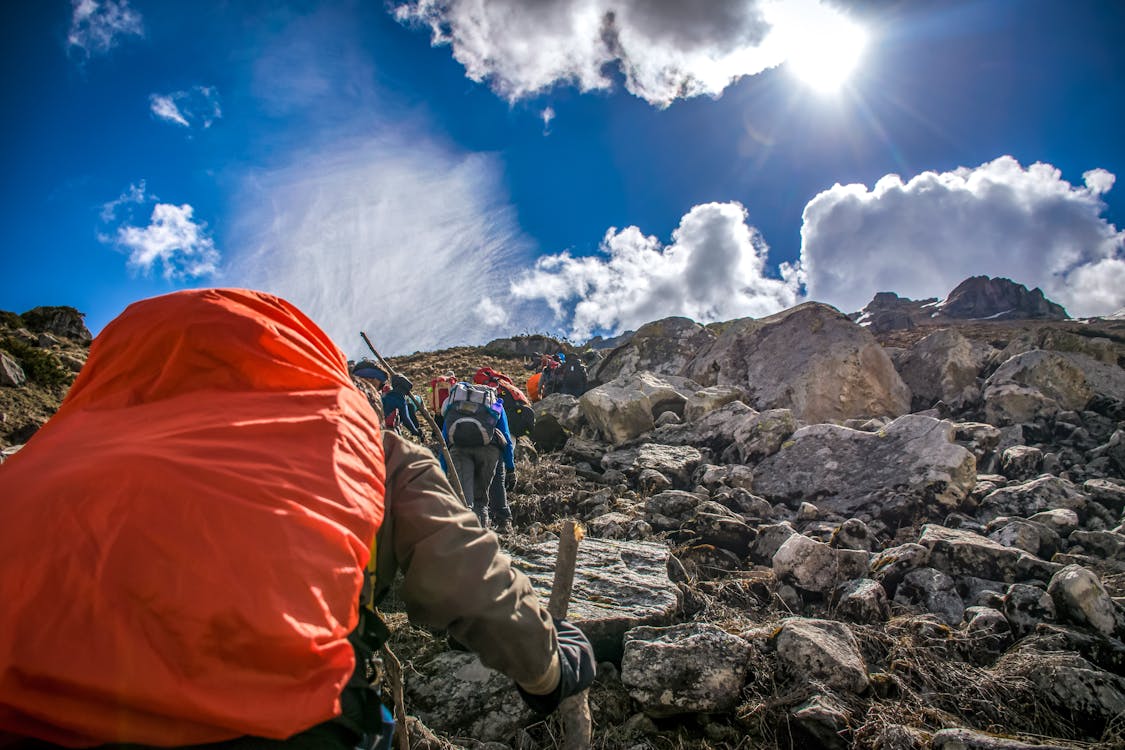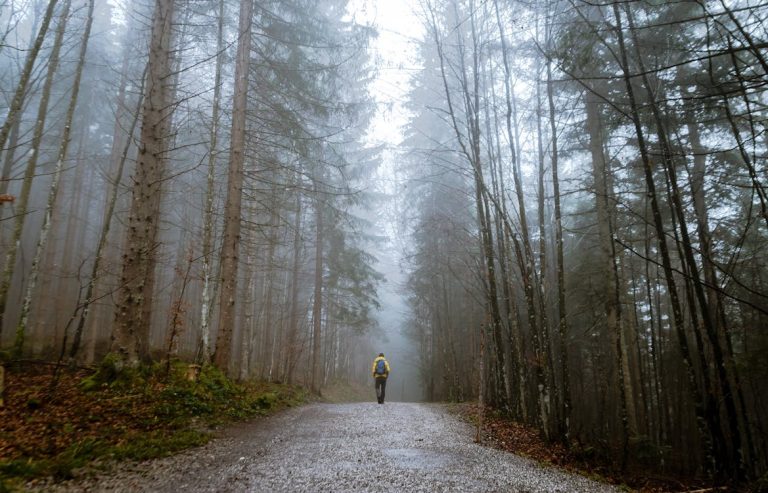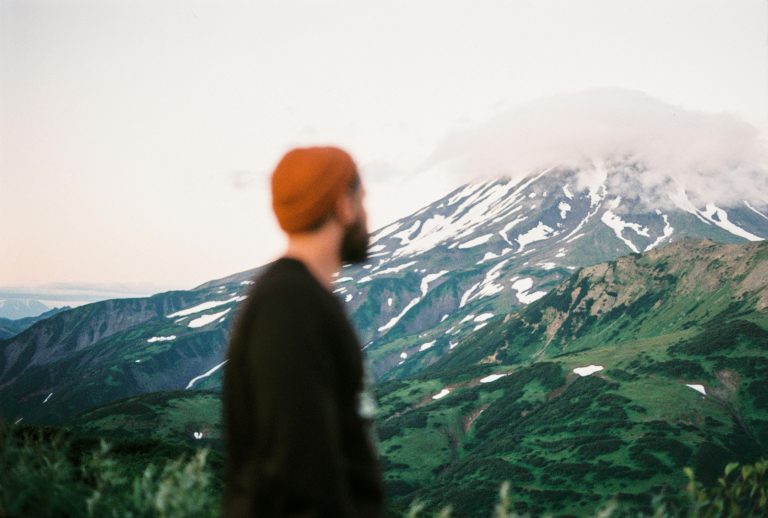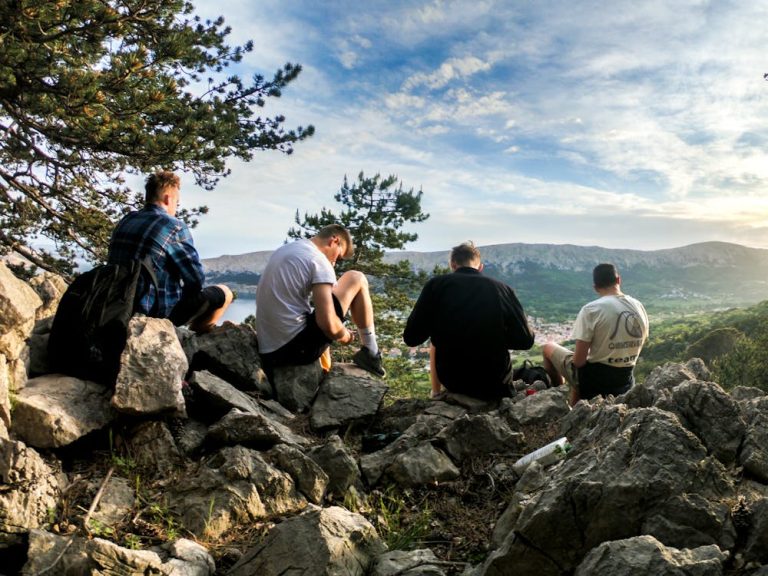Hiking Must-Haves: Gear, Essentials For an Enjoyable Trek”
Whether you’re heading out for a short day hike or planning a multi-day backcountry adventure, preparation is key. The right gear can be the difference between a great hike and a miserable (or dangerous) one. So, before you lace up your boots and hit the trail, let’s talk about the must-haves for every hiker.
🥾 1. Proper Footwear: Your Foundation on the Trail
Your feet do all the work—take care of them! Choose footwear based on the terrain:
- Trail runners are great for smooth, dry trails and speed hikers.
- Hiking boots offer ankle support and grip for rocky or uneven paths.
- Waterproof options are ideal for wet, muddy, or snowy trails.
Tip: Always break in new footwear before a long hike to avoid blisters.
🎒 2. Backpack: Carry Smart
For day hikes, a 15–30 liter backpack is usually enough. Multi-day treks may require 40L or more.
Key features to look for:
- Comfortable straps and a ventilated back panel
- Hydration reservoir compatibility
- Compartments to stay organized
Don’t overload it—pack only what you need, but make it count.
💧 3. Hydration: Never Hike Thirsty
Bring at least 2 liters of water for a day hike—more if it’s hot or strenuous.
Pro tips:
- Use a hydration bladder for easy sipping on the move.
- Carry a water filter or purifier (like a LifeStraw or Sawyer Mini) if you’ll be near natural water sources.
- Electrolyte tablets or powders can help on long, sweaty hikes.
🧭 4. Navigation Tools: Know Where You’re Going
Don’t rely on cell service. Always carry at least one of these:
- Trail map (laminated or in a waterproof bag)
- Compass or GPS device
- Download offline maps (like Gaia GPS, AllTrails, or Maps.me)
Learning basic map-reading and compass skills is one of the smartest moves you can make as a hiker.
🧥 5. Weather-Appropriate Clothing: Layer Like a Pro
Layering is crucial for comfort and safety. Your clothing should be:
- Moisture-wicking base layer (not cotton!)
- Insulating layer (like fleece or down)
- Waterproof/windproof outer shell
Also pack:
- Hat & gloves (even in summer, high altitudes can surprise you)
- Sunglasses & sun protection (including a wide-brim hat or buff)
🥪 6. Snacks & Energy Food
Food is fuel. Always bring more than you think you’ll need.
Some great trail snacks:
- Trail mix, granola bars, jerky
- Peanut butter sandwiches, dried fruit
- Electrolyte gummies or energy chews
Pro tip: Salty snacks help replenish electrolytes lost through sweat.
🆘 7. First Aid Kit: Be Your Own Trail Medic
A basic hiking first aid kit should include:
- Band-aids, blister pads (like moleskin or Compeed)
- Antiseptic wipes
- Tweezers (for splinters or ticks)
- Pain relievers
- Allergy medication (like Benadryl)
- Any personal meds
Bonus: Add duct tape or Tenacious Tape—it can fix everything from boots to backpacks.
🔥 8. Emergency Supplies
These are things you hope to never need—but should always have:
- Multi-tool or knife
- Firestarter (lighter, matches, or fire steel)
- Emergency blanket or bivy sack
- Whistle (for signaling if you’re lost)
- Headlamp or flashlight with extra batteries
Even on a short hike, things can go sideways—be prepared.
📵 9. Communication & Safety
- Always let someone know your plans—where you’re going and when you’ll return.
- Consider a satellite communicator (like Garmin inReach or Zoleo) if you hike in remote areas.
- Take note of local wildlife risks and know how to act (e.g., bear safety, snake awareness).
✅ Optional but Great to Have:
- Trekking poles: Reduce joint impact, improve balance.
- Sit pad or compact camp chair: A bit of luxury during breaks.
- Gaiters: Keep out sand, mud, and ticks.
- Insect repellent: Especially in spring and summer.
- Trash bag: Pack it in, pack it out.
Final Thoughts: Gear Up, But Stay Grounded
You don’t need the most expensive gear to enjoy hiking—you just need the right mindset and essentials to stay safe and comfortable. Start small, build your kit, and most importantly: respect nature and your limits.
Whether it’s a quick weekend escape or the start of a backcountry journey, having these hiking must-haves will keep you prepared, present, and ready for whatever the trail throws your way.





